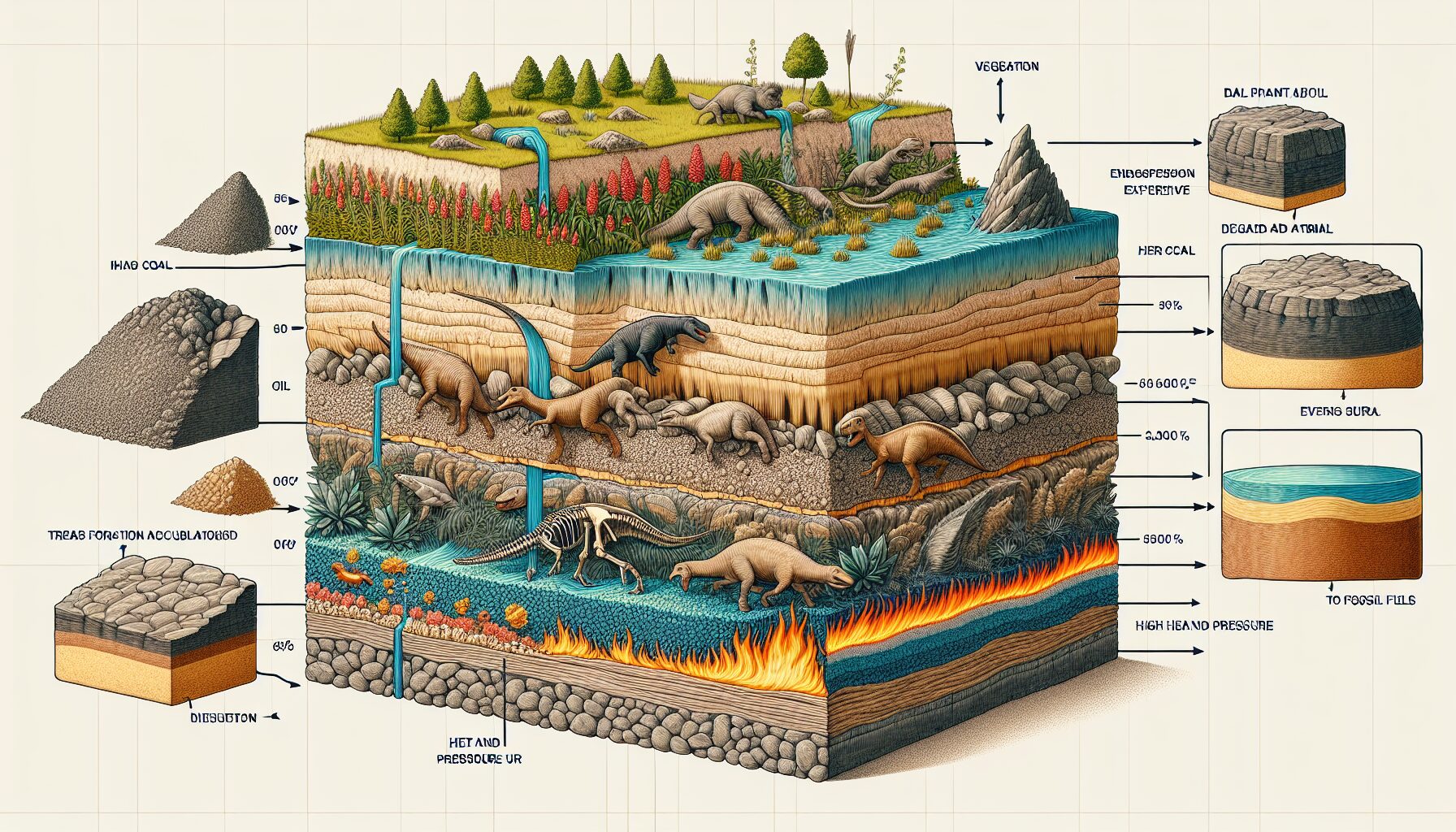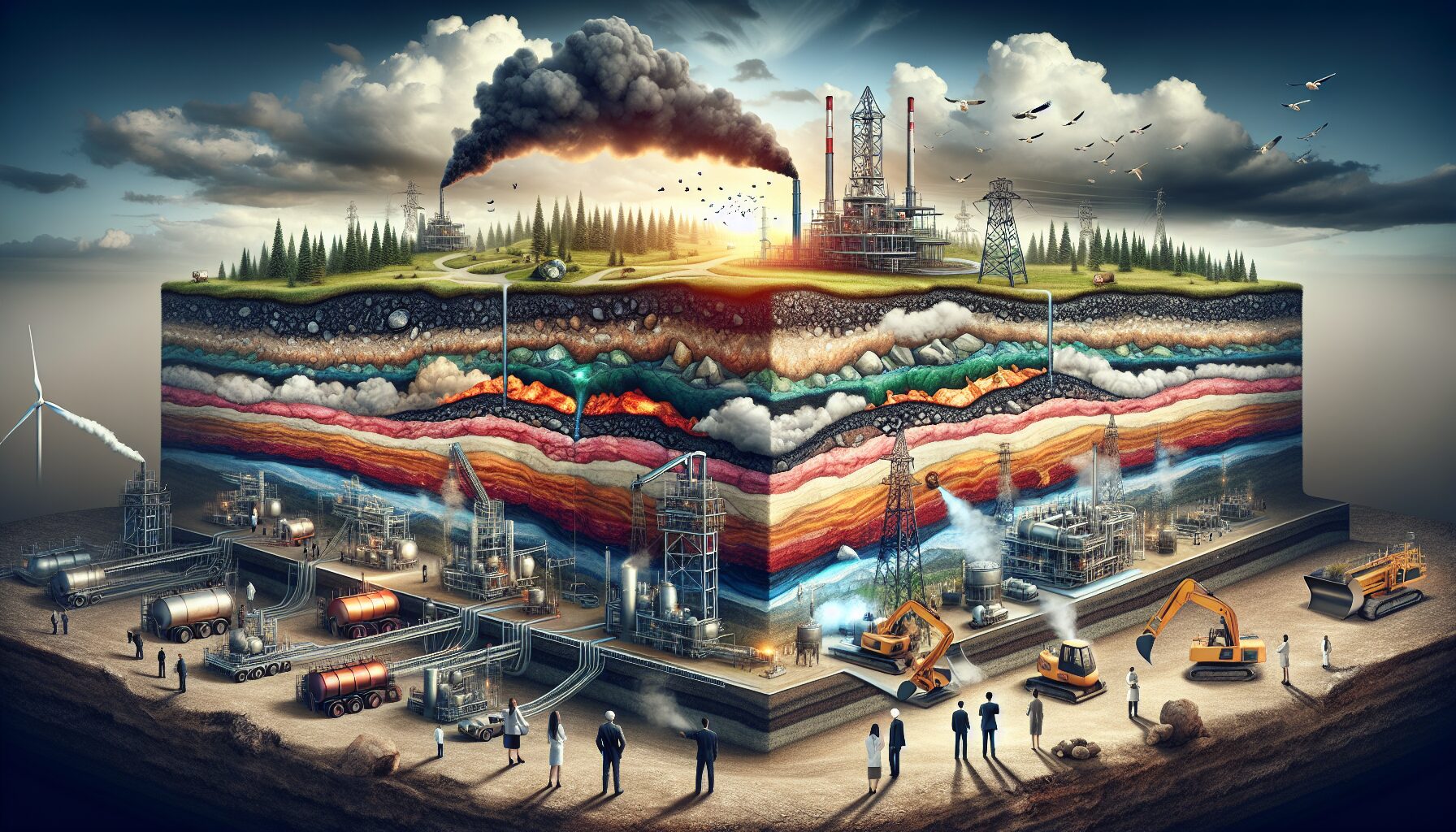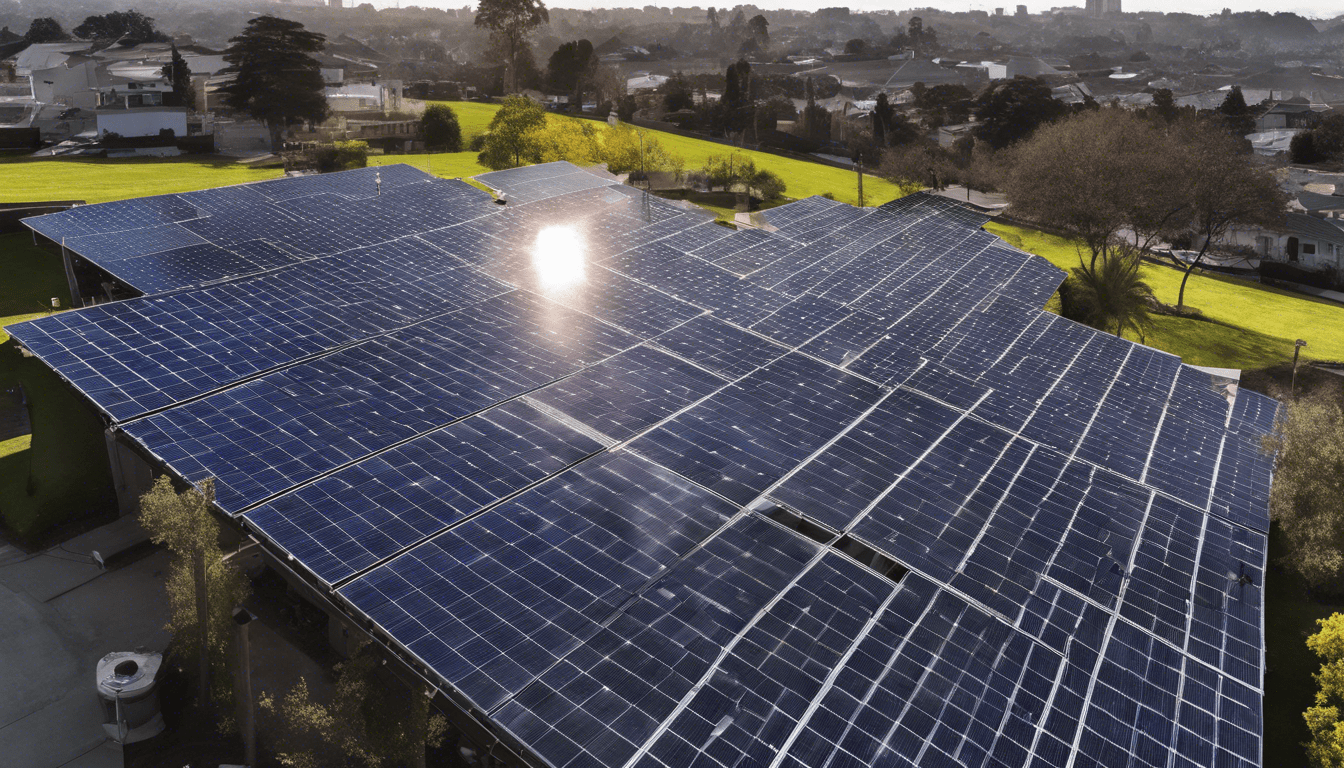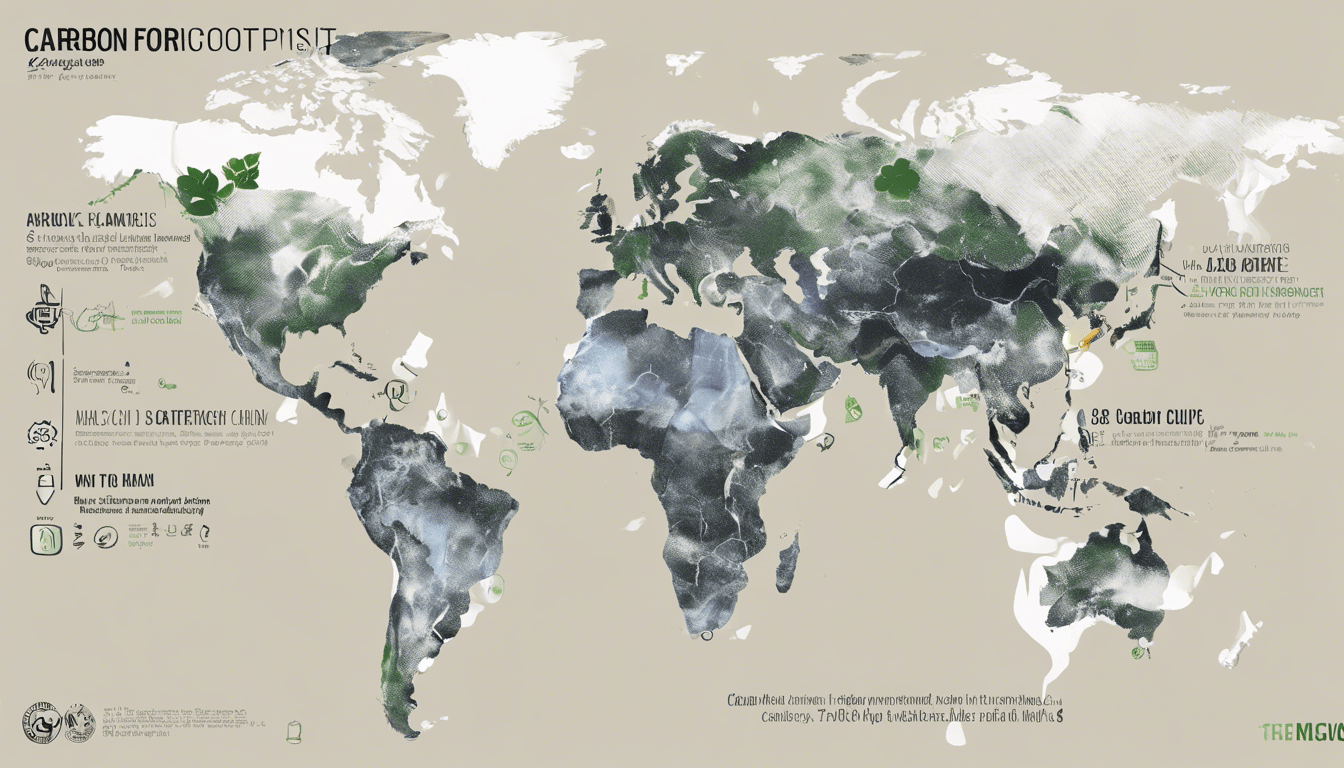Top 7 Fossil Fuels Effects on the Environment (2025 Update)

Alarming Truth: How Fossil Fuels Are Destroying Our Planet in 2025
The year 2025 marks a critical juncture in our planet’s environmental history. As global temperatures continue to rise and extreme weather events become increasingly frequent, the devastating effects of fossil fuels on the environment have never been more apparent. From coal-fired power plants belching carbon dioxide into the atmosphere to oil spills contaminating pristine ecosystems, fossil fuel consumption remains the primary driver of environmental degradation worldwide.
Recent data from the International Energy Agency reveals that despite growing renewable energy adoption, fossil fuels still account for approximately 82% of global energy consumption in 2025. This staggering dependency comes at an unprecedented environmental cost, with consequences that extend far beyond what many realize.
Understanding these environmental impacts isn’t just an academic exercise—it’s essential for making informed decisions about our energy future. Whether you’re a policymaker, business leader, or concerned citizen, grasping the full scope of fossil fuel effects on the environment is crucial for creating sustainable solutions.
Understanding Fossil Fuels and Their Environmental Impact {#understanding-fossil-fuels}

What Are Fossil Fuels and How Are They Formed?
Fossil fuels are hydrocarbon-based energy sources formed from the decomposed remains of ancient plants and animals over millions of years. The three primary types include:
- Coal: Formed from compressed plant matter in swampy environments
- Oil (Petroleum): Created from marine organisms under ocean sediments
- Natural Gas: Produced alongside oil through similar geological processes
The Scale of Global Fossil Fuel Consumption
Current fossil fuel usage statistics paint a sobering picture:
Fossil Fuel TypeGlobal Consumption (2025)Primary UsesAnnual CO2 EmissionsCoal8.2 billion tonsElectricity generation, steel production15.3 billion tonsOil35.4 billion barrelsTransportation, petrochemicals12.8 billion tonsNatural Gas4.2 trillion cubic metersHeating, electricity, industrial processes7.9 billion tons
Why Fossil Fuels Remain Dominant
Despite environmental concerns, fossil fuels continue to dominate global energy markets due to several factors:
- Energy Density: High energy content per unit volume
- Infrastructure: Existing distribution networks and technology
- Economic Considerations: Lower upfront costs compared to renewables
- Political Influence: Established fossil fuel industry lobbying
The Top 7 Environmental Effects of Fossil Fuels {#top-7-effects}
1. Climate Change and Global Warming
The burning of fossil fuels releases approximately 36 billion tons of carbon dioxide annually, making it the largest contributor to greenhouse gas emissions. This massive carbon footprint drives global temperature increases, with 2024 marking the hottest year on record.
Key Impacts:
- Average global temperature rise of 1.2°C since pre-industrial times
- Accelerated ice cap melting in Arctic and Antarctic regions
- Disrupted weather patterns and increased extreme events
Case Study: The Amazon rainforest, once a carbon sink, has become a carbon source due to deforestation and changing precipitation patterns linked to fossil fuel emissions.
2. Air Pollution and Atmospheric Contamination
Fossil fuel combustion releases numerous pollutants beyond carbon dioxide, creating severe air quality issues worldwide. The World Health Organization estimates that air pollution causes 7 million premature deaths annually.
Primary Pollutants:
- Sulfur dioxide (SO2)
- Nitrogen oxides (NOx)
- Particulate matter (PM2.5 and PM10)
- Carbon monoxide (CO)
- Volatile organic compounds (VOCs)
3. Water Resource Degradation
The fossil fuel industry’s impact on water resources extends from extraction to consumption:
Extraction Phase:
- Hydraulic fracturing consumes 2-8 million gallons of water per well
- Coal mining operations contaminate groundwater with heavy metals
- Oil sands extraction requires 3-5 barrels of water per barrel of oil
Operational Pollution:
- Power plant cooling systems discharge heated water into rivers
- Acid mine drainage from coal operations acidifies waterways
- Oil spills devastate marine ecosystems
4. Soil Contamination and Land Degradation
Fossil fuel activities significantly impact soil health and agricultural productivity:
- Chemical Contamination: Petroleum products and mining chemicals leach into soil
- Physical Destruction: Strip mining removes topsoil and destroys ecosystems
- Acidification: Acid rain from sulfur emissions reduces soil pH
Research Finding: A 2024 study in Environmental Science & Technology found that areas within 5 km of coal plants show 23% reduced agricultural yields due to soil contamination.
5. Biodiversity Loss and Ecosystem Destruction
Fossil fuel extraction and use directly threaten global biodiversity:
- Habitat Destruction: Mining and drilling operations fragment natural habitats
- Chemical Pollution: Toxic substances accumulate in food chains
- Climate-Related Stress: Changing temperatures and precipitation affect species survival
Critical Example: The Great Barrier Reef has lost 50% of its coral cover since 1995, primarily due to ocean acidification and warming from fossil fuel emissions.
6. Ocean Acidification and Marine Ecosystem Collapse
The oceans absorb approximately 25% of atmospheric CO2, leading to acidification with devastating consequences:
- Ocean pH has dropped by 0.1 units since pre-industrial times
- Shellfish and coral reef systems face extinction threats
- Marine food chains experience disruption at fundamental levels
7. Waste Generation and Toxic Byproducts
Fossil fuel industries generate massive amounts of hazardous waste:
Coal Industry Waste:
- 130 million tons of coal ash annually in the US alone
- Heavy metals including mercury, arsenic, and lead
- Radioactive materials concentrated in ash
Oil Industry Byproducts:
- Produced water contaminated with chemicals and radioactive materials
- Petroleum coke with high sulfur content
- Refinery sludges containing carcinogens
Regional Environmental Impact Analysis {#regional-impact}

Asia-Pacific Region
The Asia-Pacific region, led by China and India, accounts for 60% of global coal consumption, resulting in:
- Severe air quality issues in major cities
- Rapid coastal erosion due to sea-level rise
- Decreased agricultural productivity from acid rain
North America
Despite declining coal use, environmental challenges persist:
- Legacy contamination from decades of intensive extraction
- Ongoing fracking operations affecting groundwater
- Pipeline infrastructure threatening pristine wilderness areas
Europe
European nations face unique challenges:
- Imported fossil fuels increase carbon footprint
- Aging infrastructure leads to increased emissions
- North Sea oil extraction impacts marine ecosystems
Health and Economic Consequences {#health-economic}
Direct Health Impacts
The World Health Organization estimates fossil fuel pollution causes:
- 7 million premature deaths annually from air pollution
- Increased respiratory diseases, particularly in children
- Cardiovascular complications from particulate matter exposure
- Cancer clusters near extraction sites
Economic Costs
Environmental damage from fossil fuels imposes significant economic burdens:
Impact CategoryAnnual Global Cost (2025)Primary FactorsHealth Care$2.9 trillionPollution-related diseasesClimate Damage$1.8 trillionExtreme weather, infrastructureEcosystem Services$1.2 trillionBiodiversity loss, water treatmentAgricultural Losses$0.9 trillionSoil degradation, climate change
Sustainable Alternatives and Solutions {#alternatives}
Renewable Energy Technologies
The transition to clean energy offers viable alternatives:
Solar Power:
- Cost decreased by 85% since 2010
- Global capacity reached 1,600 GW in 2024
- Scalable from residential to utility installations
Wind Energy:
- Offshore wind capacity expanding rapidly
- Improved turbine efficiency and reliability
- Competitive with fossil fuel electricity costs
Hydroelectric Power:
- Provides 16% of global electricity
- Pumped storage offers grid stability
- Small-scale installations minimize environmental impact
Energy Efficiency Improvements
Reducing energy demand through efficiency measures:
- Building retrofits can reduce energy consumption by 30-50%
- Industrial process optimization saves 10-20% energy
- Transportation electrification eliminates direct emissions
Carbon Capture and Storage
Emerging technologies for existing fossil fuel infrastructure:
- Direct air capture facilities remove CO2 from atmosphere
- Industrial carbon capture reduces emissions by 85-95%
- Underground storage in geological formations
Action Framework for Fossil Fuel Reduction {#action-framework}

Individual Actions
Immediate Steps (0-6 months):
- Switch to renewable energy provider
- Improve home insulation and weatherization
- Use public transportation or electric vehicles
- Reduce air travel and choose direct flights
- Support businesses with sustainable practices
Medium-term Changes (6-24 months):
- Install solar panels or participate in community solar
- Upgrade to energy-efficient appliances
- Implement comprehensive recycling program
- Choose local and organic food options
- Invest in renewable energy funds
Long-term Commitments (2+ years):
- Advocate for policy changes in your community
- Support fossil fuel divestment initiatives
- Pursue careers in renewable energy sector
- Educate others about environmental impacts
- Vote for leaders committed to climate action
Organizational and Policy Solutions
Corporate Responsibility:
- Implement science-based emissions targets
- Transition fleet vehicles to electric or hybrid
- Source renewable energy for operations
- Integrate sustainability into supply chain
Government Policy:
- Carbon pricing mechanisms
- Renewable energy standards
- Fossil fuel subsidy elimination
- Investment in clean energy infrastructure
Future Outlook and Recommendations {#future-outlook}
2025-2030 Projections
Climate scientists and energy analysts project significant changes in the next five years:
- Renewable energy capacity will triple by 2030
- Electric vehicle adoption will reach 30% of new car sales
- Coal plant retirements will accelerate globally
- Carbon pricing will become universal in developed nations
Critical Success Factors
Achieving meaningful reduction in fossil fuel environmental impacts requires:
- Technology Innovation: Continued advancement in renewable energy and storage
- Policy Alignment: Coordinated international climate action
- Economic Transition: Just transition for fossil fuel workers
- Public Engagement: Widespread awareness and behavior change
- Investment Flows: Redirecting capital from fossil fuels to clean energy
The Path Forward
The environmental effects of fossil fuels present an unprecedented challenge, but technological and social innovations offer hope. Success depends on immediate, coordinated action across all levels of society.
Recommended Priority Actions:
- Accelerate renewable energy deployment
- Implement comprehensive carbon pricing
- Invest in energy storage and grid modernization
- Support fossil fuel worker retraining programs
- Strengthen international climate cooperation
Infographic Description: “The Fossil Fuel Environmental Impact Cycle”

Visual Elements for Designer:
- Central circular diagram showing fossil fuel lifecycle
- Color-coded environmental impacts (red for severe, orange for moderate)
- Timeline arrows showing progression of damage
- Statistics boxes with key numbers
- Solution icons showing renewable alternatives
- Before/after comparison panels
Key Data Points to Include:
- 36 billion tons CO2 annually
- 7 million pollution deaths
- 50% coral reef loss
- $6.8 trillion annual environmental costs
Frequently Asked Questions
What are the most significant effects of fossil fuels on the environment?
The most significant environmental effects include climate change from greenhouse gas emissions, air pollution causing respiratory diseases, water contamination from extraction processes, soil degradation from mining, biodiversity loss from habitat destruction, ocean acidification from CO2 absorption, and massive waste generation from industrial byproducts.
How do fossil fuels contribute to climate change?
Burning fossil fuels releases carbon dioxide and other greenhouse gases that trap heat in the atmosphere. This enhanced greenhouse effect causes global temperatures to rise, leading to melting ice caps, rising sea levels, extreme weather events, and disrupted ecosystems worldwide.
Are there immediate alternatives to fossil fuels available today?
Yes, renewable energy technologies like solar, wind, and hydroelectric power are now cost-competitive with fossil fuels. Electric vehicles, energy-efficient buildings, and improved public transportation provide immediate alternatives for reducing fossil fuel dependence in transportation and buildings.
What can individuals do to reduce fossil fuel consumption at home?
Individuals can switch to renewable energy providers, improve home insulation, use energy-efficient appliances, install solar panels, drive electric or hybrid vehicles, use public transportation, reduce air travel, and support businesses committed to sustainability practices.
How long will it take to transition away from fossil fuels globally?
Current projections suggest a significant transition by 2050, with renewable energy becoming dominant by 2030-2035. However, achieving net-zero emissions requires accelerated action across all sectors, including policy changes, technological innovation, and widespread behavioral shifts.

About the Author
Dr. Elena Rodriguez-Chen, PhD in Environmental Science
Dr. Elena Rodriguez-Chen is a leading environmental scientist and climate policy expert with over 15 years of experience in fossil fuel impact assessment and renewable energy transition strategies. She holds a PhD in Environmental Science from Stanford University and serves as Senior Research Director at the International Climate Research Institute.
Dr. Rodriguez-Chen has authored over 80 peer-reviewed publications on fossil fuel environmental impacts and has advised governments across three continents on climate policy. Her research on ocean acidification and marine ecosystem collapse has been cited over 2,000 times in scientific literature.
She currently leads a multinational research team studying the economic costs of fossil fuel environmental damage and serves on the editorial boards of three leading environmental journals. Dr. Rodriguez-Chen is also a frequent keynote speaker at international climate conferences and has testified before Congress on climate adaptation strategies.
Connect with Dr. Rodriguez-Chen:
- LinkedIn: [linkedin.com/in/elena-rodriguez-chen-phd]
- Twitter: [@DrElenaClimate]
- Research Gate: [researchgate.net/profile/Elena-Rodriguez-Chen]
- Email: [elena.rodriguez.chen@climateresearch.org]



